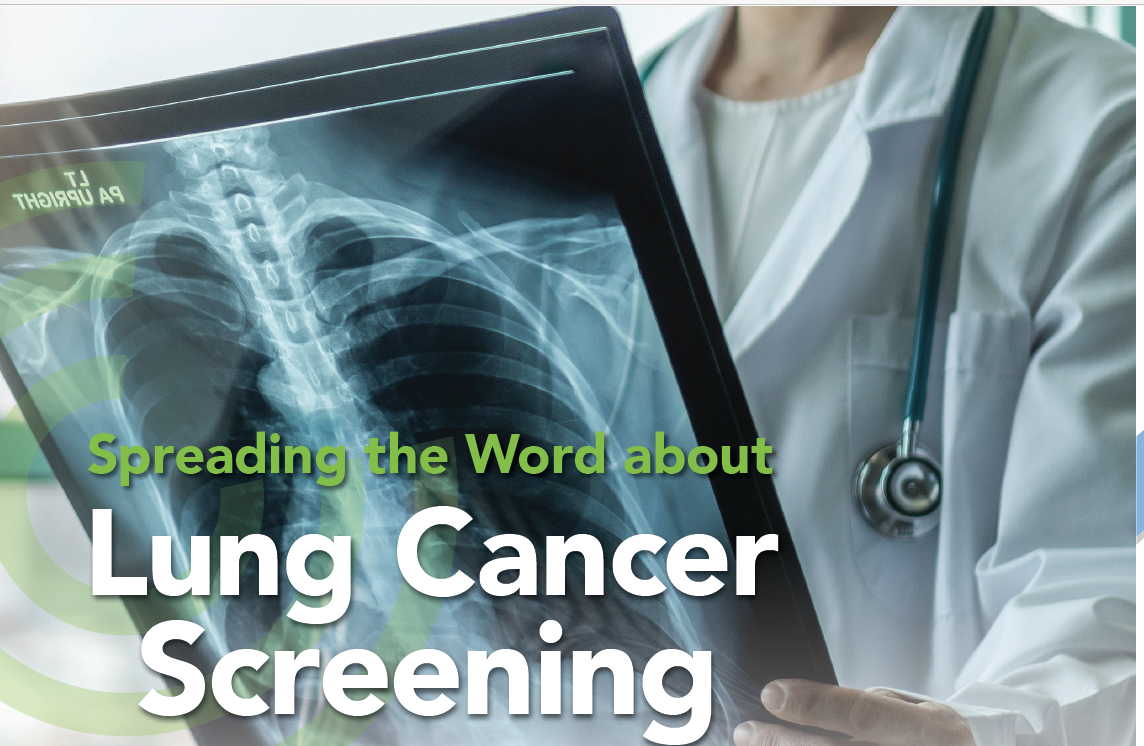

Low-dose computed tomography (LDCT) screening can reduce lung cancer deaths by up to 20% compared to standard chest X-rays, by detecting tumors at early stages when they are more likely to be curable. But lung cancer screening rates are low across the US at 6%, and even lower in Florida at 3%. Florida is 40th in the nation in lung cancer screening. COVID-19 decreased that testing even further, especially in high-risk populations that include racial and ethnic minorities.
To raise awareness and help increase screening rates, The American Lung Association launched a public service advertising program called “Saved by the Scan,” beginning in South Florida. The program used traditional outlets like billboards and newspapers, along with newer, digital outlets like email and social media, and communicated in both English and Spanish.
Results were encouraging. Within the target population, lung cancer screening rose by 61.6% in 2021 compared to 2020, and increased by 21.9% over pre-pandemic levels. That translates into 337 South Florida residents getting screened as a direct result of the program’s digital outreach. The program is expected to expand nationwide, involving more healthcare systems and tailoring its message to local populations.
The United States Preventive Services Task Force recommends lung cancer screening for anyone age 50 to 80 who has smoked for 20 pack years or more, and who currently smokes or has quit within the past 15 years. A pack year is equal to smoking 20 cigarettes (1 pack) a day each year. A pack year is different from a calendar year. Smoking a pack a day for 20 years equals 20 pack years, but so does smoking two packs a day for 10 years.
Lung cancer screening is approved by Medicare to age 77, is covered by most insurance, and is for people in good health who do not have symptoms of the disease. Talk to your doctor if you think you are eligible for testing. You can also see if you are eligible via the Cancer Alliance of Marion County, at screeningsaves.my.canva.site/.
Non-Smokers are Also at Risk
Invisible, odorless, and tasteless, radon is the leading cause of lung cancer among nonsmokers. To know whether or not you are being exposed to radon in your home, you can order free testing kits from the Florida Department of Health. Call 800-543-8279, or fill out the order form on their website at floridahealth.gov/ environmental-health/radon/Outreach/ testkitrequest.html.
Additional risk factors for nonsmokers include HIV infection; family history of lung cancer; and exposure to secondhand smoke, air pollution, arsenic, asbestos, chromium, nickel, radiation, radon, soot, or tar.

Write a comment: